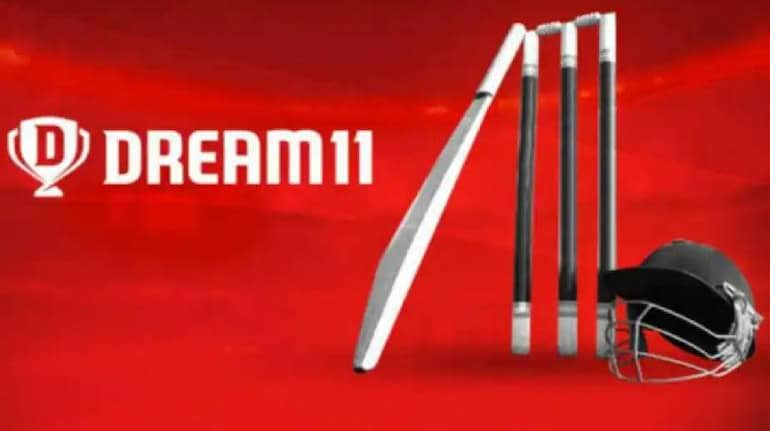The Central Board of Indirect Taxes and Customs (CBIC) is prepared to issue show-cause notices to more than 40 skill-gaming companies for alleged tax fraud, which is a significant move for India’s gaming industry. One of these businesses, the well-known Dream11 parent firm, Dream Sports, has taken legal action by contesting the show cause notice by submitting a writ petition to the Bombay High Court. The claims center on GST (goods and services tax) evasion and the failure to pay the required 28 percent GST on the face value of bets. This action follows the Supreme Court’s recent stay of a Karnataka High Court decision that invalidated a GST notice against Gameskraft for what was allegedly astounding tax fraud totaling Rs 21,000 crore.

Credits: Money Control
Dream Sports Challenges Tax Authorities
At the center of the controversy is Dream Sports, the parent business of Dream11, a well-known fantasy sports website. In the Bombay High Court, it has filed a writ case contesting the show cause notice sent by tax authorities. The notification claims that 28 percent GST on the face value of bets placed on their platform was not paid, as well as GST avoidance. The tax demands presented in this show cause notice significantly exceed Gameskraft’s already sizable amount of Rs 21,000 crore. In reality, according to some reports, the claims made against Dream Sports could end up being close to twice as much, or about Rs 40,000 crore. The Economic Times, however, pegs the figure at Rs 25,000 crore. Dream Sports has chosen not to comment.
Dream11’s Financial Snapshot
It’s important to remember that Dream11, a key player in the fantasy sports industry, earned a net profit of Rs 142 crore on operational sales of Rs 3,841 crore in FY22 as this tax evasion case develops. These financial data make the corporation a focal point in the current legal dispute since they demonstrate its significant presence and financial strength.
Supreme Court’s Role
In the upcoming weeks, the Supreme Court is scheduled to consider this case once more. The verdict in this case will have a big impact on India’s overall market for skill-based video games. Executives in the skill-based gaming industry and legal professionals have previously expressed their fears, stressing that a negative decision from the supreme court may potentially mean the end of the sector, which is already struggling with the GST Council’s recently imposed 28 percent GST system.
GST Council’s Decision and Its Impact
The crucial decision to apply the top GST slab of 28 percent to the whole face value of bets, regardless of whether they are regarded as games of skill or chance, was adopted by the GST Council in July 2023. The gaming industry strongly disagreed with this choice. In an effort to prevent double taxation, the council suggested that GST be applied to deposits rather than to each and every wager on August 2 in an effort to provide some relief.
Prior to this modification, platforms for skill gaming were liable to an 18 percent GST rate on their platform fees, or Gross Gaming Revenue (GGR). Sanjay Malhotra, the Revenue Secretary, argued that the GST rate for real-money gaming had always been set at 28 percent on the entire face value.
Implementation of GST Rates
All states were urged by the GST Council, which was chaired by Finance Minister Nirmala Sitharaman, to apply the higher tax rates by October 1, 2023. In addition, it promised to revisit this choice six months after it was made. Bills to alter the Central and Integrated GST legislation were introduced by Sitharaman on August 11 during the Monsoon Session, and they were later approved by the Lok Sabha and the Rajya Sabha. On August 19, President Droupadi Murmu approved these revisions. Following this, numerous states passed comparable changes to their individual state GST statutes, including Haryana, Goa, and Arunachal Pradesh.
Possible Impact on the Gaming Industry
The ongoing legal battle between tax authorities and Dream Sports, along with the wider implications of the GST Council’s decision, have cast a cloud of uncertainty over India’s burgeoning gaming industry. Skill-based gaming companies are facing substantial tax burdens, which could ultimately impact their profitability and operations.
Furthermore, the outcome of the Supreme Court hearing will be pivotal. If the court rules in favor of the tax authorities and upholds the 28 percent GST on the face value of bets, it could set a precedent for other skill gaming companies, potentially leading to a cascading effect of taxation-related challenges and legal battles.
The post Dream11 parent moves Bombay HC challenging GST evasion notice appeared first on TechStory.







0 comments:
Post a Comment